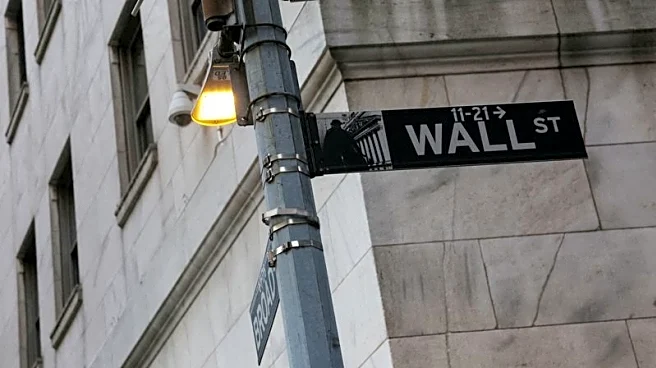What's Happening?
Stride, Inc., an education technology company, is facing a class action lawsuit filed by Bleichmar Fonti & Auld LLP for alleged securities fraud. The lawsuit claims that Stride inflated its enrollment
numbers by retaining 'ghost students' to secure state funding and ignored compliance requirements, including background checks and licensure laws for its employees. These allegations have led to significant stock drops, with the price of Stride stock falling by more than 11% on September 14, 2025, and over 54% on October 28, 2025. The case is pending in the U.S. District Court for the Eastern District of Virginia, and investors have until January 12, 2026, to ask the Court to be appointed to lead the case.
Why It's Important?
The lawsuit against Stride, Inc. highlights significant concerns about corporate governance and transparency within the education technology sector. If the allegations are proven true, it could lead to substantial financial losses for investors and damage the company's reputation. The case underscores the importance of compliance with federal securities laws and ethical business practices. It also raises questions about the accountability of companies in the education sector, which could lead to increased regulatory scrutiny and changes in industry standards.
What's Next?
Investors in Stride, Inc. are encouraged to submit their information to Bleichmar Fonti & Auld LLP, as they may have legal options. The firm is representing plaintiffs on a contingency fee basis, meaning shareholders are not responsible for court costs or litigation expenses. The outcome of the lawsuit could lead to compensation for affected investors and potentially influence Stride's business practices and regulatory compliance in the future.
Beyond the Headlines
The allegations against Stride, Inc. could have broader implications for the education technology industry, particularly regarding the ethical considerations of student enrollment practices. The case may prompt other companies to review their compliance and transparency measures to avoid similar legal challenges. Additionally, it could lead to discussions about the role of technology in education and the need for robust oversight to protect students and investors.











